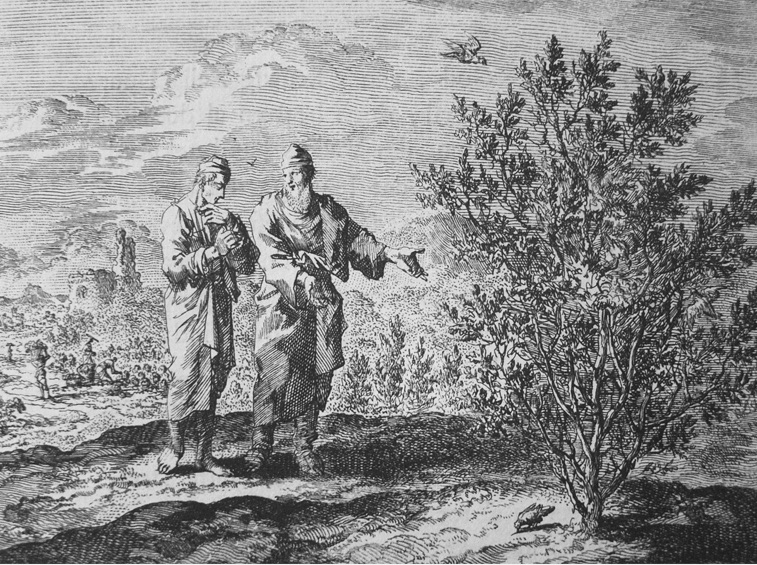We generally feel more comfortable around those who share our beliefs and outlook on life, who think the way we do. The naysayers, gadflies and critics in our ranks can be such a bother. They challenge our perspective and compel us to rethink our opinions. Even when they do it politely and diplomatically, they can be such a nuisance.
Most societies and organizations dislike dissenters but none more so than religious organizations. Because they are typically hierarchal and authoritative, and their leaders believe their authority originates with God, their actions and decisions should not be open to question. But the heads of organizations of all stripes, when confronted by recalcitrant subordinates, often throw up their hands and exclaim: “Why is it so hard for you to do what we ask, to simply conform?”
Continue reading “Dissent”
